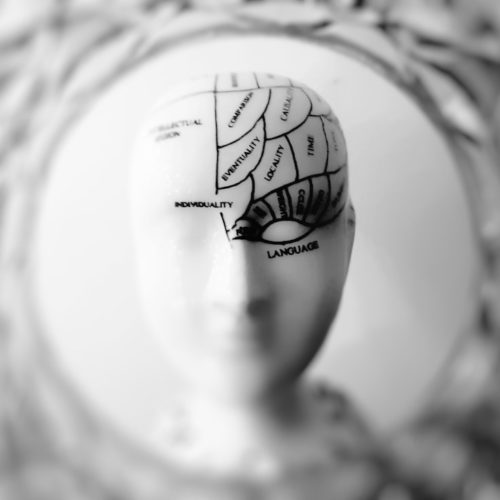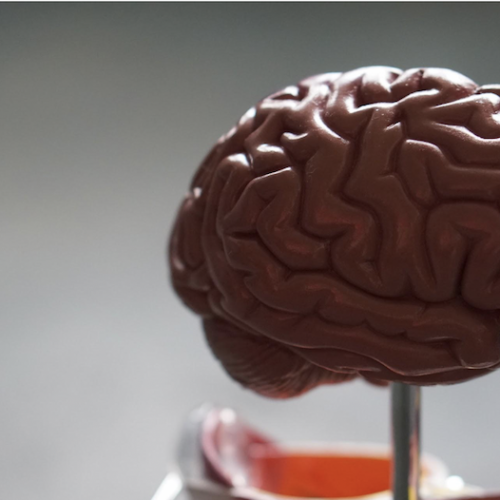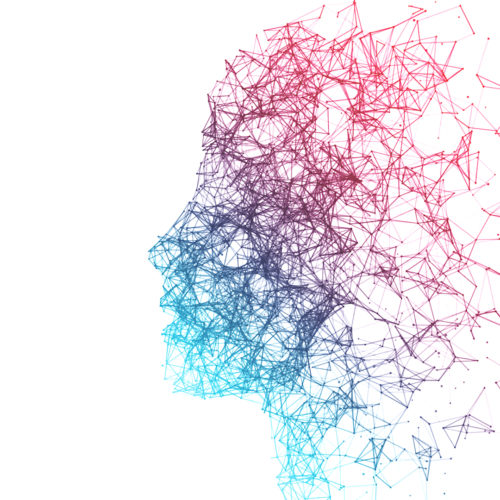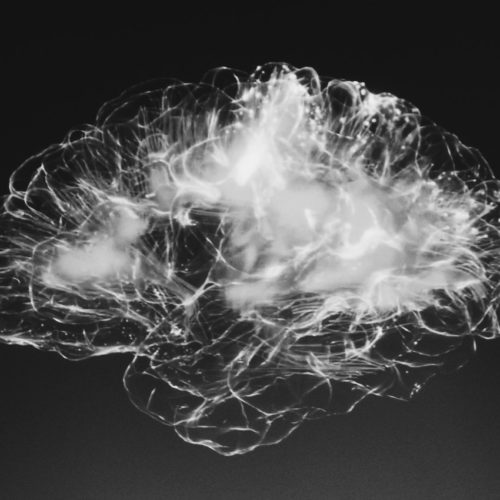Mild Cognitive Impairment (MCI) is a neurological condition in which a person has minor problems with their cognitive function, usually in the areas of memory, thinking, judgement, or language. These problems do not tend to have a significant impact on a person’s daily life.
There is a marked difference between MCI and forms of dementia such as Alzheimer’s disease (Dementia is an umbrella term used to describe several diseases that impair cognition – there are up to 200 subtypes), and having MCI does not necessarily mean a person will then go on to develop dementia – sometimes, MCI reverts back to normal cognition or remains stable. Alzheimer’s disease is the most common form of dementia, and accounts for roughly 60-80% of dementia cases.
Older people are much more likely to become cognitively impaired, and as we age, memory problems become more common – the reason being that our brains simply don’t function like they used to, just like other parts of our bodies. However, only 5-20% of adults over age 65 have MCI, and old age does not mean MCI or dementia should be expected.
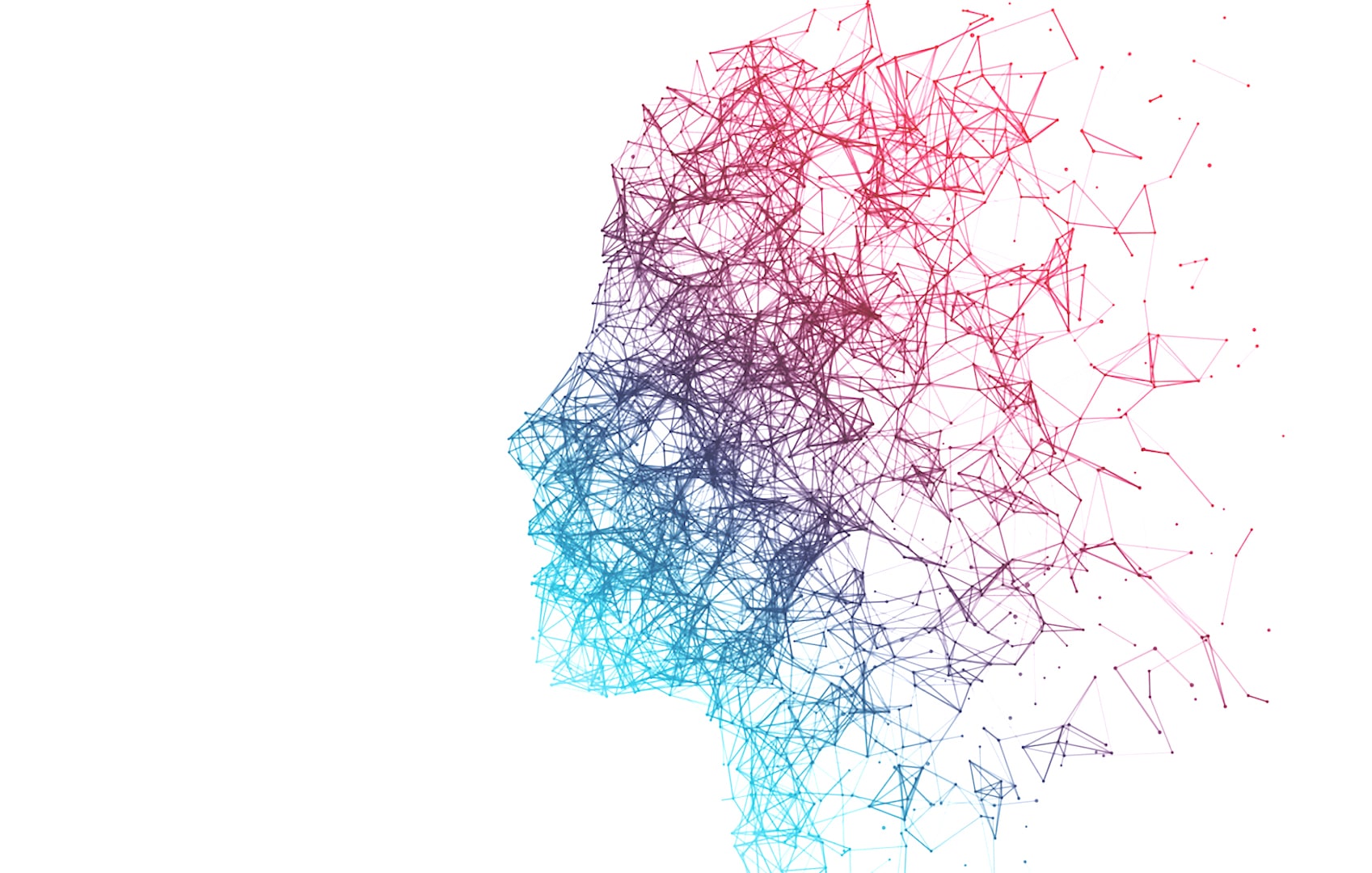
A person with Mild Cognitive Impairment has an estimated 10-15% increased risk of developing dementia, which is why diagnosing the condition early is so important. Meeting on a regular basis with GP’s and healthcare professionals is important in order to keep track of which stage of MCI a person is in, as sometimes there can be a transition to dementia which, if left unnoticed, can put caregivers and patients at risk – particularly in scenarios of a person being left unsupervised, since dementia and MCI both impact the way our brains assess risk. An early diagnosis means this person’s symptoms can be reviewed with the appropriate information and advice offered along the way.
”There are lots of benefits of an early diagnosis of MCI. It provides a basis for a treatment plan to be
developed, and it also supports a better understanding of what MCI is, and how Alzheimer’s disease
progresses.Megan YoungPatient Engagement Coordinator
The differences between dementia and Mild Cognitive Impairment are present in the way the condition impacts a persons’ ability to go about their lives as normal. If the impact on daily activities is significant, it may be a stronger indication of dementia.
For a person with MCI, the decline in mental ability sits in-between the expected cognitive decline associated with the regular ageing process, and the more severe cognitive decline associated with dementia. They may experience any of the following symptoms:
- Memory Problems – Forgetting recent events or repeating questions.
- Lack of focus – Being easily distracted, struggling to pay attention.
- Reasoning – unable to think things through, issues with planning or problem solving.
- Visual depth perception – Struggling to interpret an object in three dimensions, judge distances or navigate stairs.
Roughly, between 5 and 20% of people aged over 65 have MCI. In some of these people, MCI is a “pre-dementia” condition, which means that the disease pathology is already established in the brain, and this is largely irreversible. This means that in time, it is possible that this person’s symptoms will worsen, and their condition will progress from MCI to dementia. In research carried out in memory clinics, this was true for 10-15% of people diagnosed with MCI, but this also means that an even bigger proportion of people with MCI did not go on to develop dementia. The most important point we should take from these statistics, is that old age does not necessarily have to mean dementia or MCI.
What is happening in the brain of a person with MCI?
When symptoms begin to appear, this is the result of several types of changes in the brain, and they vary from person to person – MCI is not a “one size fits all” type of condition. The cause of MCI can stem from any of the following:
- Beta-amyloid plaques and Tau protein tangles
- Reduced blood flow to the brain
- Damage caused by multiple small strokes
- Shrinkage of parts of the brain associated with memory
- Enlargement of the fluid filled brain ventricles
- Less use of glucose in important thinking regions
No medications are currently available to halt MCI or to prevent it from turning into Dementia. However, according to the Alzheimer’s Society, depending on the cause of the impairment, there are several lifestyle changes that can be implemented which may give you more control over whether or not the condition progresses to dementia, which remains the principal complication of MCI.
- Regular exercise.
- Controlling heart disease risks by quitting smoking.
- A diet change to include fresh fruits and vegetables, whole grains, and lean proteins. The Mediterranean diet is a good example of this, and has been proven in multiple studies to be the best overall diet plan for staving off risk of heart disease and stroke, as well as potentially preventing Dementia.
- Participating in mentally and socially stimulating activities.
Whilst there are currently no approved medications to treat MCI, St Pancras Clinical Research hopes to help change this. We conduct several studies into Alzheimer’s disease and enrol patients with MCI depending on the study protocol. If yourself or someone you know is having problems with memory and cognition, be it Alzheimer’s disease or MCI, it might be worth completing one of our online questionnaires to check your eligibility for our studies.
